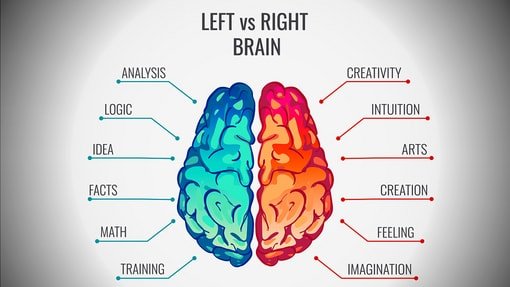Childhood Trauma and Addiction
For Mercedes, trauma substance abuse is a significant part of her story. Before drug use and addiction became part of her journey, Mercedes expresses having a creative side and being full of life.
During her childhood, Mercedes experienced trauma in her home, which later contributed to her addiction.

The trauma began to shape the way she thought about life and love within relationships.
Children research studies show that over 70 percent of adolescents who receive substance abuse treatment have a history of trauma.
The rate of traumatic experiences among children—including neglect, sexual and physical abuse—are high in the United States.

Additionally, childhood trauma is considered a serious public health issue.
According to NIH, the connection between substance abuse as well as trauma and addiction is proven and established through research.
At age 9, Mercedes moved to Arizona with her mother. With her mother working long hours, she had a lot of free time on her hands.
Mercedes freedom only led to a life of partying, drinking and drug use.
Warning Signs of Psychological Dependence
Psychological dependence on substances is also known as addiction.
Often when someone is psychologically dependent on drugs he or she shows behavioral, physical and mental health-related signs.
Mercedes got introduced to drinking alcohol and smoking weed through her brother. The first time she ever drank, she blacked out and didn’t remember anything.

The use of alcohol and drugs among the younger population is linked to a higher rate of developing the disease of addiction.
For Mercedes, the memory loss from drinking was an exciting experience for her. From that point on, she became obsessed with getting and drinking alcohol.
Many people who have faced adverse experiences or are in emotional distress, have a strong desire to escape their reality and experience something new, resulting in trauma substance abuse.
Substance Use Disorder and Education
Mercedes fell in love with the experience she had abusing drugs and alcohol, but her behavior didn’t come without consequences.
Drug use impacts the way a person’s brain holds and processes information; it alters how teens think, concentrate, focus, learn and remember information.

Mercedes explains that due to her addiction, she never graduated high school. At the time, school got in the way of her ability to use alcohol and get high.
For some teens, substance abuse may not get in the way of their education and academic achievement; however, on average, those who use drugs and alcohol don’t consistently succeed in school.

The DEA reports that there is a concrete connection between teenage drug abuse and academic performance.
Research shows that teens who use alcohol or drugs are known to have lower grades, a greater absence rate in school attendance and a higher likeliness of becoming a high school dropout.
Substance Abuse and Young Adults
SAMHSA’S national survey on drug use and health concludes that the risks of alcohol and illegal drug use are highest among adolescents and young adults.
It’s common for teenagers to be involved in substance abuse long before showing any symptoms or signs.
NIH data shows a significant association between addiction and alcoholism among teens that result in serious consequences.

The most frequent risks with teenagers and young adult substance abuse include shocking rates of school dropout, mental health complications, unsafe sexual behavior, car accidents, homicides and suicides.
Although Mercedes’ substance abuse quickly led to the development of the disease of addiction, she had no idea; she states that she wasn’t even aware that she had a problem or an addiction.
Mercedes was exhausted living as a drug addict and even though she wanted to be sober, she didn’t know how.

For most youth, substance abuse leads to social and legal consequences. Fortunately, Mercedes’ experience was no different.
Eventually, she was arrested, spending her Christmas in jail and finally became sober.
Living Sober and Spiritual Growth
From jail, Mercedes went to live at a half-way house to get recovery. She began to work on her sobriety and learned how to love herself.
Living sober, has been a path of spiritual growth for Mercedes. She talks about her new-found desire to continue bettering herself and her life.

Today, Mercedes is free from addiction and excited about life.
She expresses gratitude for the confidence she has gained in sobriety as well as her ability to support and be there for others.
Despite spirituality being different for everyone, it’s all about living a life with purpose.

Addiction science has shown that finding your spiritual self and focusing on spiritual growth can help addicted people achieve recovery.
For this reason, many drug addicts and alcoholics find their way into 12-step programs in search of long-term sobriety.
Following a spiritual path helps with a person’s ability to cope with life, stressors and drug cravings. To learn more about recovery from drug addiction – contact us, we’re here to help.
















